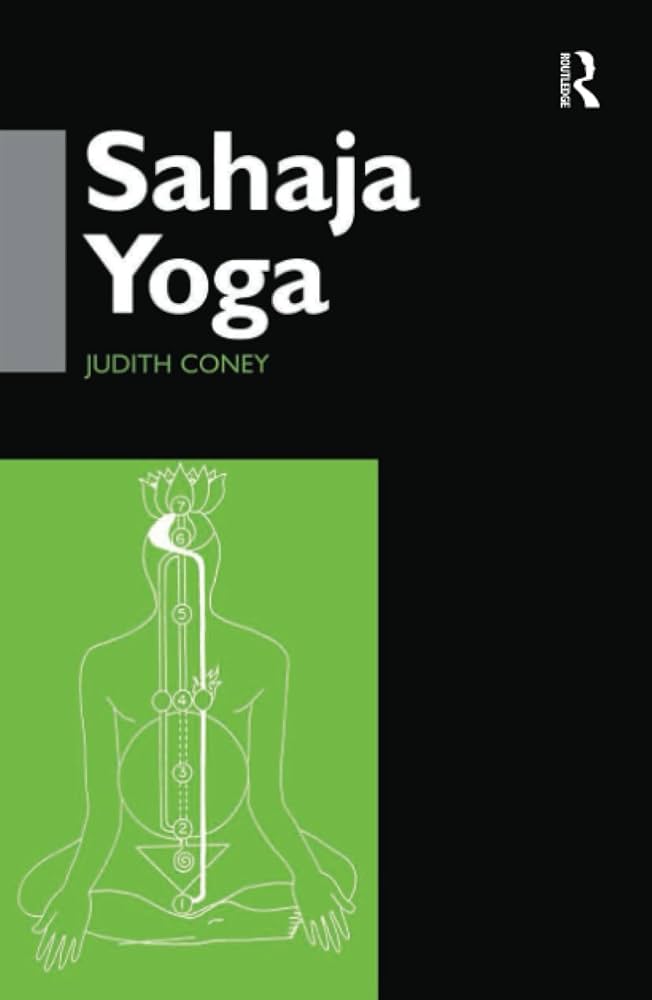Ruach Ha Kodesh: Holy Spirit in Judaism
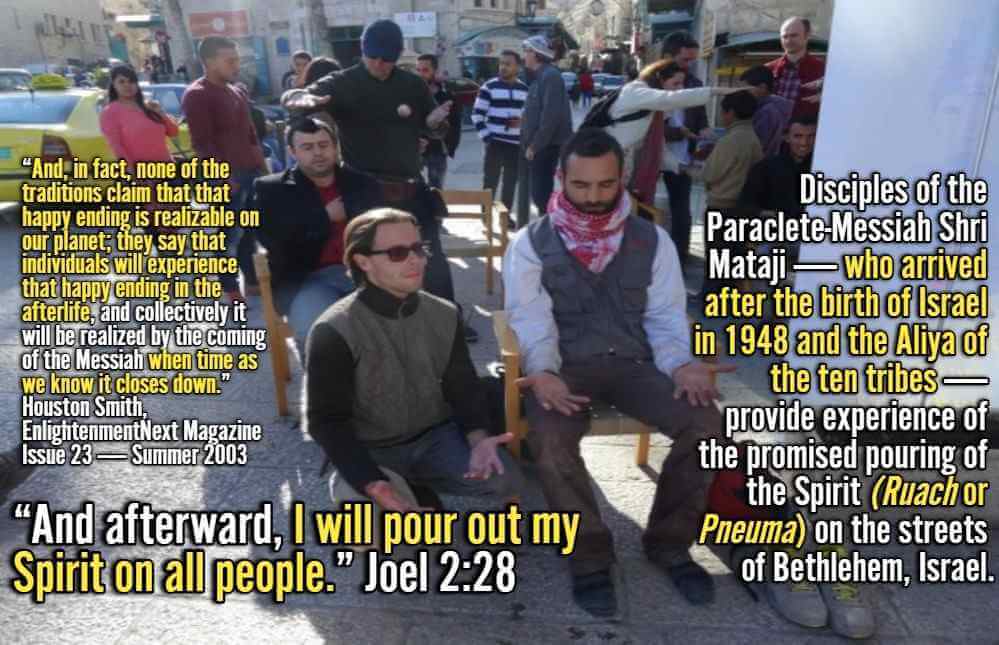
We are excited to announce the launch of a transformative new series titled "Ruach Ha Kodesh: Holy Spirit in Judaism," designed to bridge the understanding between Jews and Christians regarding the profound mystery of the Holy Spirit—Ruach Ha Kodesh in Hebrew—at the heart of both faiths. This series offers a unique exploration into the spiritual threads that connect Judaism and Christianity, focusing particularly on the Holy Spirit of Jesus the Jew and His promised Paraclete, Shri Mataji.
In our inaugural installment, "Ruach Ha Kodesh: Holy Spirit in Judaism," we delve into the historical, theological, and mystical dimensions of the Holy Spirit within Jewish tradition. More importantly, we highlight the pivotal role of Shri Mataji as the Paraclete—the Advocate and Comforter foretold by Jesus—who comes to unveil divine truths in the modern era.
The term "Apokalypsis"—often misunderstood as a symbol of destruction—holds its true meaning in the Greek root ἀποκάλυψις, which signifies a revelation, an unveiling, or an uncovering of hidden knowledge. It is this deeper meaning that perfectly aligns with the mission of Shri Mataji, whose role as the Paraclete is not to shroud but to reveal the sacred wisdom that unites humanity with the Divine. Through her teachings, Shri Mataji fulfills the essence of the Apokalypsis, guiding seekers toward a direct experience of the Holy Spirit, the same Ruach Ha Kodesh revered in Jewish tradition.
Join us on this enlightening journey as we peel back layers of historical interpretations to reveal the living connections between these two great faiths. Together, we will explore how the Holy Spirit continues to guide, heal, and unite, transcending religious boundaries and leading us toward a deeper, collective understanding of the Divine.
The Feminine Nature of the Holy Spirit in Judaism
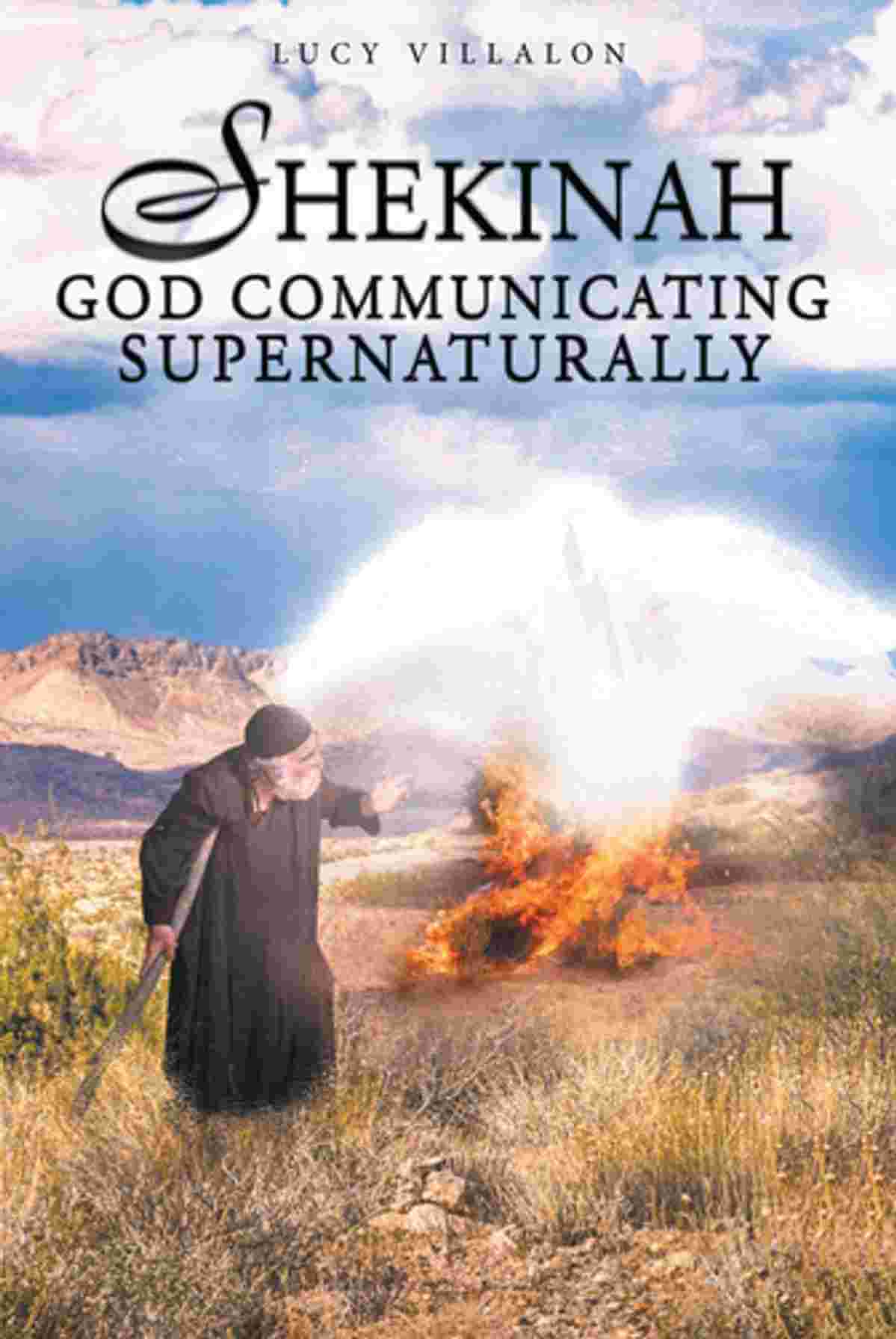
The term Ruach Ha Kodesh (רוח הקודש) is the Jewish expression for the Holy Spirit. The word Ruach (רוח) means “spirit”, "wind" or “breath” and is grammatically feminine in Hebrew, and is God's creative Spirit: "The earth was a formless void ... while a wind [ruach --also "spirit"] from God swepth over the face of the waters." (Gen. 1:2 NRSV) This linguistic reality reflects the ancient Jewish perception of the Spirit as a nurturing, life-giving force. The Holy Spirit, often equated with Shekinah—the indwelling presence of God—was described in rabbinic and mystical texts as a divine feminine presence that dwelled among the people of Israel, especially in times of exile and suffering.
The Wisdom literature of the Hebrew Bible also presents Chokhmah (Wisdom) as a feminine figure who was present at creation and worked alongside God (Proverbs 8:22-31). This Wisdom tradition deeply influenced later Jewish mystical thought, particularly in Kabbalah, where Binah (Understanding) and Shekinah (Divine Presence) are explicitly feminine aspects of the Divine.
Jesus and the Holy Spirit: The Feminine Presence in His Teachings
Jesus’ references to the Holy Spirit align with this Jewish understanding. In John 14:16-17, Jesus speaks of the Paraclete, the Comforter, whom He will send to His followers after His departure. The term Paraclete (παράκλητος) means an advocate, helper, or guide—functions that mirror the nurturing, maternal qualities traditionally ascribed to the Holy Spirit.
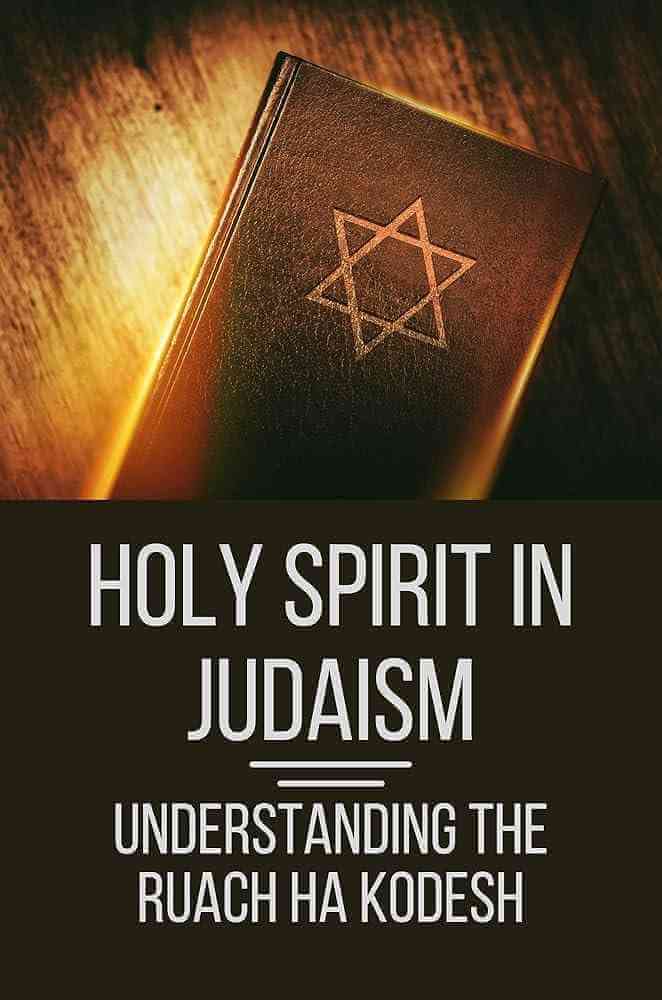
Moreover, in Aramaic—the language spoken by Jesus—the term for the Holy Spirit, Ruach Ha Kodesh, is also feminine. This reinforces the idea that Jesus’ conception of the Spirit was consistent with Jewish tradition, portraying the Spirit as the Divine Mother who teaches, comforts, and empowers believers.
The Shekinah, the divine presence of God, is closely connected to the Holy Spirit in Jewish thought. The Shekinah represents God’s immanence—the indwelling, nurturing presence that remains with the faithful, especially in moments of exile or suffering. In Christian theology, this concept is echoed in the Holy Spirit’s role as the Comforter, ensuring that God’s presence remains with believers even after Jesus’ ascension.
The Holy Spirit in Early Christianity: Continuity with Jewish Tradition
Early Christian writings, particularly in the Syriac Church, retained the understanding of the Holy Spirit as feminine. The Odes of Solomon, a collection of early Christian hymns, frequently describe the Spirit in maternal terms, emphasizing Her role in birthing believers into divine life. The Gospel of the Hebrews, a lost early Christian text, reportedly contained a passage where Jesus refers to the Holy Spirit as His Mother—a theological view that aligns with Jewish traditions about Shekinah.
In contrast, as Christianity developed within a Greco-Roman context, where divine femininity was often suppressed in theological discourse, the Holy Spirit gradually became viewed in more neuter or masculine terms in Western theology. However, the original Jewish and early Christian perspectives highlight the Spirit’s nurturing and maternal qualities.
The Holy Spirit as the Fulfillment of Divine Presence
In both Judaism and Christianity, the Holy Spirit represents God’s active presence in the world. In Judaism, Ruach Ha Kodesh is the Spirit of prophecy, wisdom, and divine inspiration. In Christianity, She is the Spirit of Truth (John 16:13), guiding believers into deeper union with God.
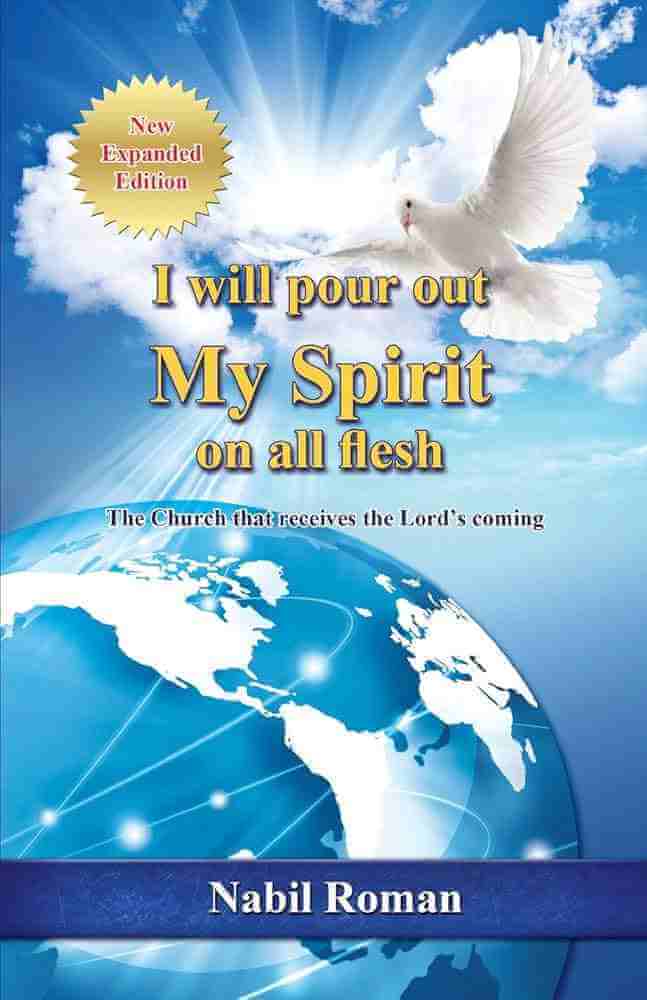
Jesus’ promise of the Holy Spirit is the assurance that God’s presence would not be confined to temples or institutions but would dwell within the hearts of believers.
Through Her, the prophecy of Joel 2:28-29 is fulfilled:
“I will pour out my Spirit on all people. Your sons and daughters will prophesy, your old men will dream dreams, your young men will see visions.”
The Holy Spirit is thus not only an agent of spiritual rebirth but also the very presence of the Divine Mother, nurturing believers into the fullness of faith.
Conclusion
Understanding the Holy Spirit as a feminine, nurturing presence within Judaism and Christianity restores a vital dimension of divine intimacy and care. Jesus, the Jew, did not introduce a foreign concept when He spoke of the Spirit of Truth and the Comforter—He was speaking from the heart of His own Jewish tradition. Recognizing the Holy Spirit as the Divine Mother who guides, protects, and awakens the soul allows us to see God’s love in its fullest expression, embracing both masculine and feminine dimensions.
Just as the Ruach Ha Kodesh breathed life into creation, She continues to breathe life into believers, fulfilling Jesus’ promise:
“I will not leave you as orphans; I will come to you.” (John 14:18)Pariah Kutta (https://adishakti.org)
OpenAI. (2025). ChatGPT [Large language model]. https://chatgpt.com
Related Articles:
The Coming of Jesus in the Paraclete
"The theological discourse surrounding the Paraclete—the one whom Jesus promised at the Last Supper—remains one of the most profound mysteries of Christian eschatology. Many have struggled to reconcile the identity of the Paraclete with the Holy Spirit traditionally understood within Christian doctrine. However, a deeper and more precise exegesis, drawing from both scriptural sources and theological analysis, reveals that the coming of Jesus in the Paraclete signifies a distinct, divine personality arriving in the Age to Come—one who completes the mission of Christ."
The Betrayal of Shri Mataji: A Divine Tragedy
"The story of Shri Mataji Nirmala Devi and her disciples is a harrowing tale of betrayal, denial, and abandonment that echoes the tragic narrative of Jesus Christ and His closest followers. Just as Judas betrayed Jesus for thirty pieces of silver and Peter denied Him three times, Shri Mataji’s disciples—her supposed Sahaja Yogis—have committed a far greater betrayal. They have reduced her divine mission to a mere system of chakras, rituals, and mantras, obscuring her true identity as the Paraclete, the Comforter sent by God in the name of Jesus Christ."
The Paraclete Shri Mataji: The Fulfillment of the Spirit’s Work in World
"The role of the Paraclete, the Holy Spirit, as described by Michael Welker, reveals a profound understanding of divine intervention in human affairs. His insight that the Spirit acts as the revealer of “judgment” upon the ruling powers of the world resonates deeply with the mission and work of Shri Mataji Nirmala Devi, the Paraclete sent in this age. Through her revelations, teachings, and transformative spiritual experiences, Shri Mataji fulfills the prophecy of the Spirit’s active role in unveiling truth, exposing falsehood, and guiding humanity toward collective awakening."
The Divine Feminine in Biblical Wisdom Literature
The Divine Mother by Ricky Hoyt
The Divine Feminine In China
The Feminine Spirit: Recapturing The Heart Of Scripture
The Divine Feminine: The Great Mother
Searching for the Divine Feminine
Tao Te Ching: "Doorway of the Mysterious Female is there within us"
The Shekinah: Image of the Divine Feminine
The Shekinah is the Cosmic Womb
Shekinah: The Voice of Wisdom
On the Nature of the Divine Mother or Holy Spirit?
The Holy Spirit: The Feminine Aspect Of the Godhead
She is the holiest and most secret inwardness of Allah
The Indian Religion of the Goddess Shakti
The Divine Feminine is deeply embedded in us
Jesus finally restores all things to God
Divine Feminine will sooner or later begin to take its proper place
Yogic Secrets of the Dark Goddess by Shambhavi Chopra
Kali as the Yuga Shakti: The Power to Create a New World Age
Chidagni: The Goddess as the Fire of Consciousness
And they asked him in amazement: "Who is our Mother?”
Feminine Gender of the Holy Spirit
The Great Mother is Sri Veda-Janani — Mother of the Vedas
The spirituality of Tagore, Ramakrishna and Vivekananda
Grace is the benevolent, female aspect of the Transcendent
Feminine images cluster around the Spirit ... ruha, is itself feminine
Khokhmah and Sophia by Max Dashu
The Gifts from the East
The Goddess remains the esoteric heartbeat of Islam
Feminine Spirit of God is working for our providence, redemption ...
